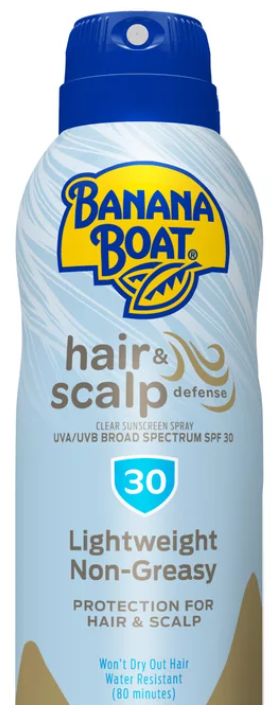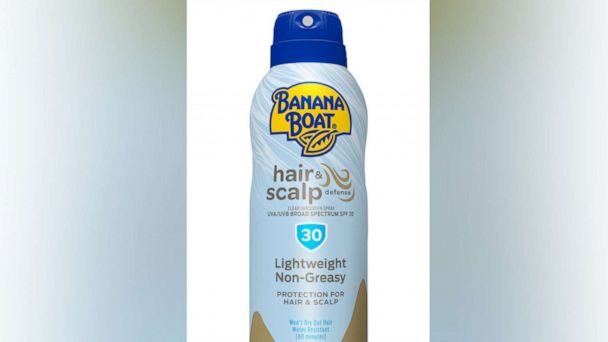

Heads up: There’s no such thing as water proof or sweat proof sunscreen.

✔️ Water-resistance to stand up against sweaty days or time spent swimming. As for kids, "Sprays are easy to use, but they might require a second coating, so spray generously," she notes.
BANANA BOAT SUNSCREEN RECALL LIST 2021 SKIN
In addition, "If your skin is prone to dryness, a cream may be better for you," Dr. ✔️ Formula type: GH Beauty Lab scientists tend to prefer lotions and creams over sprays since "they last on skin longer and are more likely to form a uniform protective coating over skin than sprays," Wizemann says. The dispersed zinc oxide and/or titanium dioxide formulas can be more difficult to spread on your skin and leave behind white cast, but they usually last longer than chemical formulas.
Mineral formulas (also called physical sunscreens) form a barrier on your skin that reflects or filters UVA and UVB rays. Chemical sunscreens tend to be better for swimming due to their water-resistant nature but while these lotions and sprays are easier to apply with no white residue, you will need to reapply sunscreen more often than you would with a physical or mineral option. "This process allows the body to release the UV rays, which ultimately prevents the skin from burning," he says. Chemical formulas absorb UV rays and convert them into heat, according to Michael Somenek, M.D., a plastic surgeon in Washington, D.C. ✔️ Active ingredients: Most often, you'll have to choose between chemical and mineral sunscreens (or a mix of both) as your main SPF agents: So for added insurance, the Lab recommends opting for an SPF 50 or higher. And you may want to go even higher: A GH Beauty Lab study found that women on average apply only about 1/3 of the amount of sunscreen needed to achieve the SPF level indicated on the product packaging. ✔️ SPF 30 or higher: And SPF 30 or greater is best, says David Lortscher, M.D., board-certified dermatologist in San Diego, California and CEO of Curology. skin damage and potentially skin cancers), dark spots and disrupted collagen production, which can bring on wrinkling and sagging. Exposure to these wavelengths can lead to dangerous sunburns (a.k.a. ✔️ Broad-spectrum protection "to protect against both harmful UVA/UVB rays," says Lucy Chen, M.D, F.A.A.D., board-certified dermatologist at Riverchase Dermatology in Florida. Here are key factors to consider when picking the right sunscreen for your skin type and needs:






 0 kommentar(er)
0 kommentar(er)
